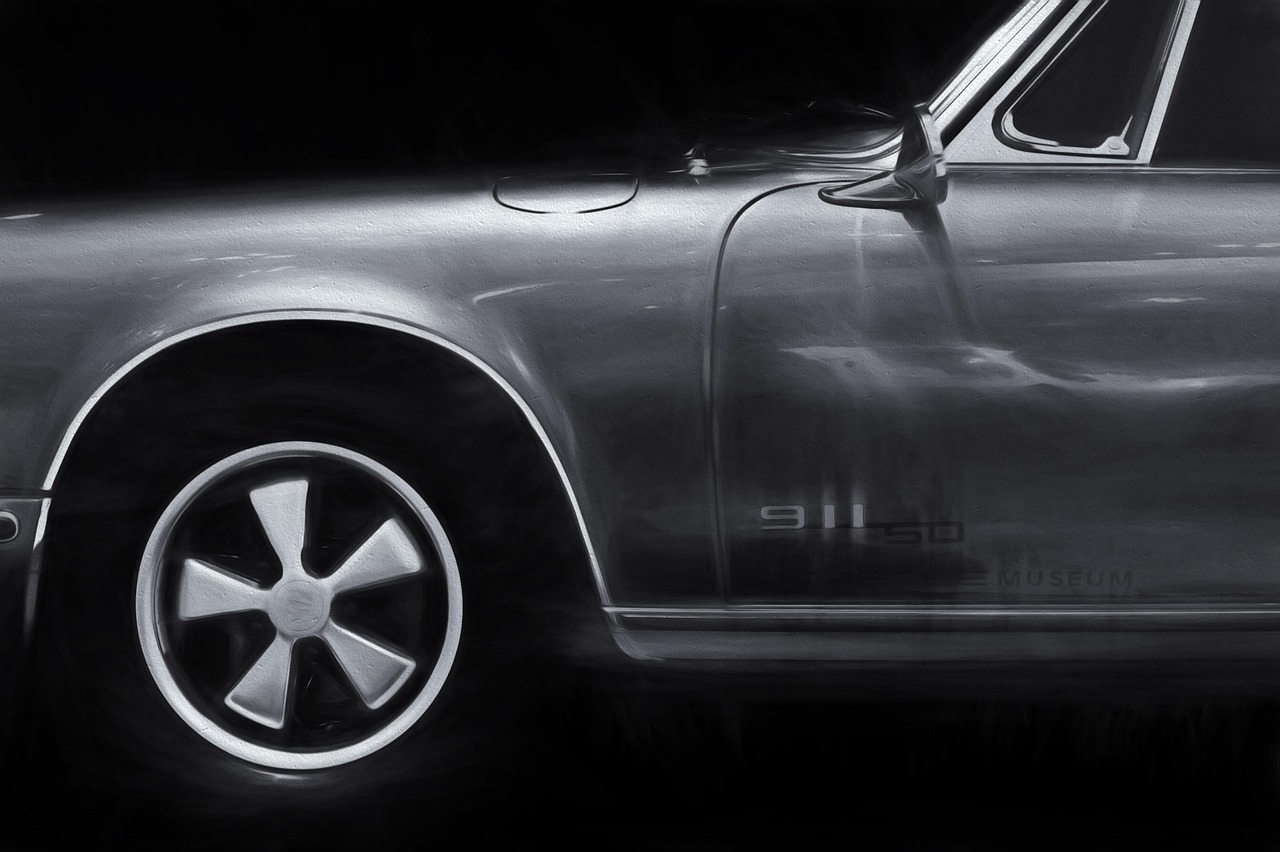When it comes to automobiles, safety is a top priority. However, history has shown that some vehicles have been plagued with severe defects, leading to massive recalls that put drivers and passengers at risk.
Here’s a list of 12 cars with the worst safety recalls in history, detailing the serious issues that led to their infamous status.
1. Ford Pinto (1971-1980)
The Ford Pinto is infamous for one of the worst safety scandals in automotive history. A fatal design flaw placed the fuel tank in a vulnerable position, making it prone to rupturing in rear-end collisions, often resulting in deadly fires. Crash tests revealed the danger, but Ford initially resisted making changes, calculating that potential lawsuit costs would be cheaper than a recall.
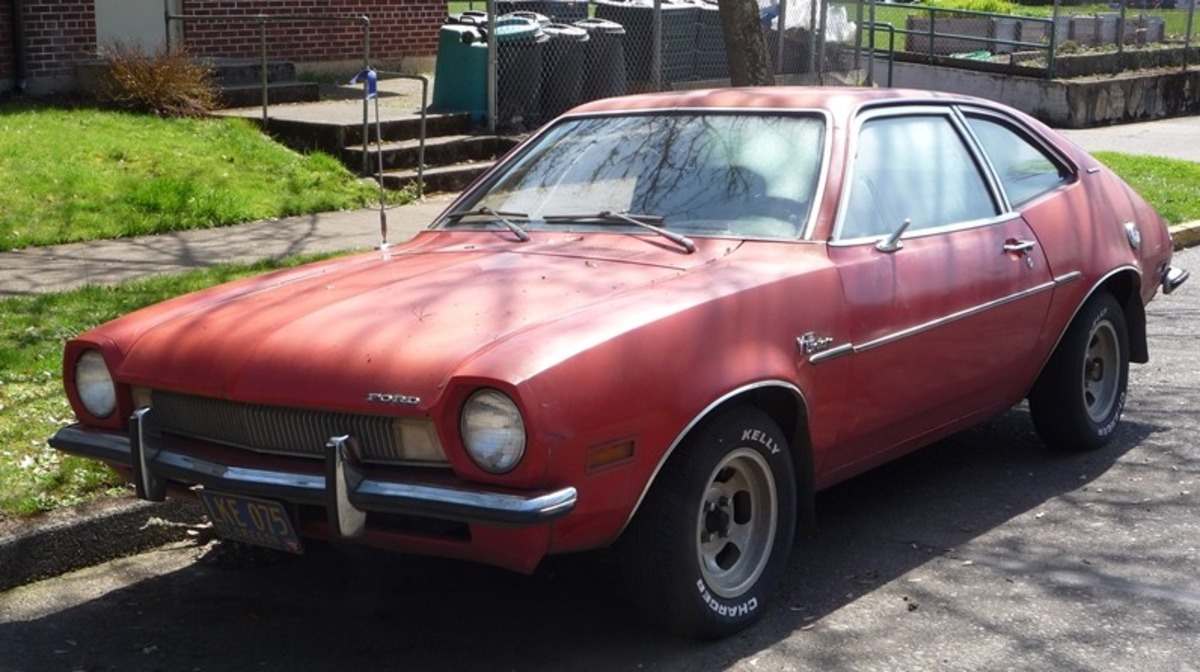
As reports of fatal accidents mounted, public outrage grew. Lawsuits and media scrutiny forced Ford’s hand, leading to a recall of 1.5 million Pintos—the largest recall at the time. The scandal severely damaged Ford’s reputation, highlighting the consequences of prioritizing cost over consumer safety.
While the Pinto was initially popular, its legacy is defined by corporate negligence and preventable tragedies. The case became a landmark in automotive safety history, reinforcing the need for stricter safety regulations and ethical responsibility in vehicle manufacturing.
2. Chevrolet Cobalt (2005-2010)
The Chevrolet Cobalt became notorious for one of the most dangerous automotive defects in history. A faulty ignition switch could suddenly shut off the engine while driving, disabling power steering, brakes, and airbags—turning minor accidents into deadly tragedies. The defect was linked to at least 124 deaths and hundreds of injuries.
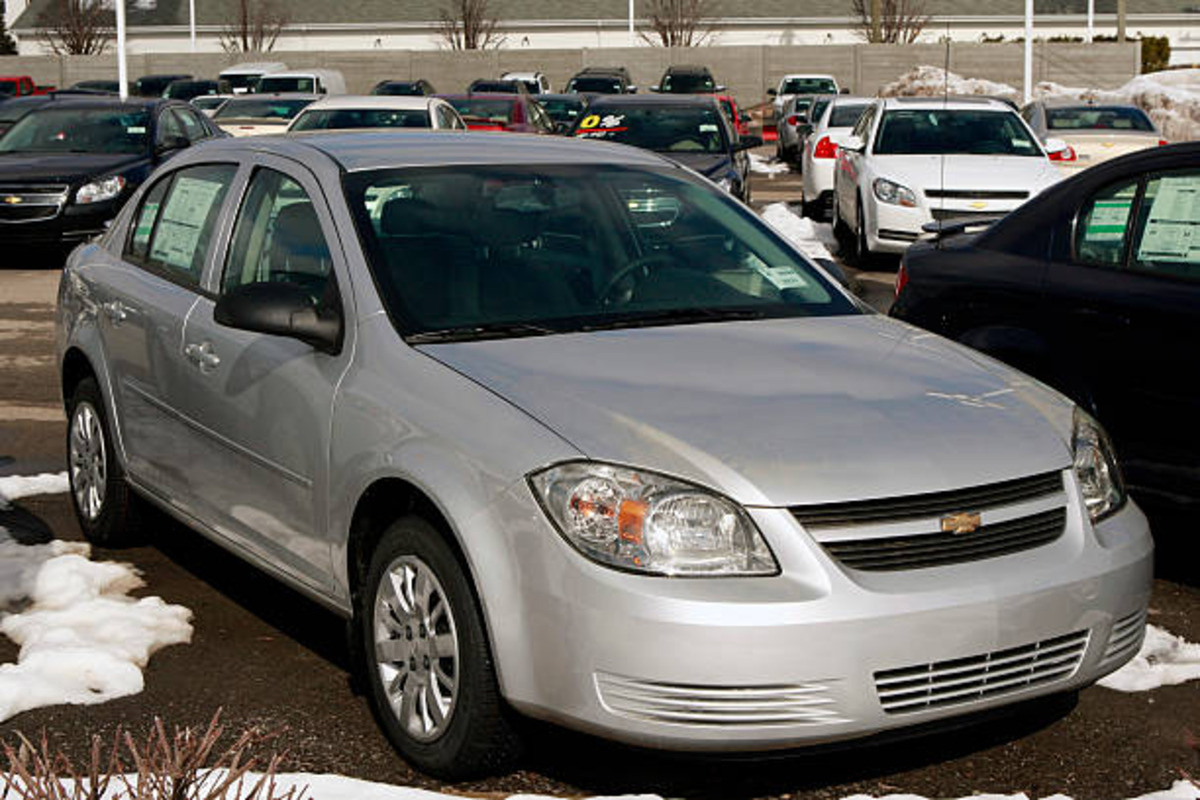
Despite early warnings from engineers, General Motors (GM) delayed action for years. It wasn’t until 2014, after mounting fatalities and public outcry, that GM finally issued a massive recall of 2.6 million vehicles. The company faced billions of dollars in lawsuits, fines, and a major blow to its reputation.
The scandal exposed serious flaws in corporate accountability and vehicle safety oversight. While GM has since taken steps to rebuild trust, the Cobalt ignition switch failure remains a haunting reminder of what happens when cost-cutting takes precedence over human lives.
3. Toyota Camry (2007-2010)
Toyota faced one of the biggest recalls in automotive history due to unintended acceleration issues. Faulty accelerator pedals and poorly designed floor mats could cause the car to accelerate uncontrollably, leading to thousands of incidents, some resulting in fatal crashes. The issue raised serious safety concerns and put immense pressure on the automaker.
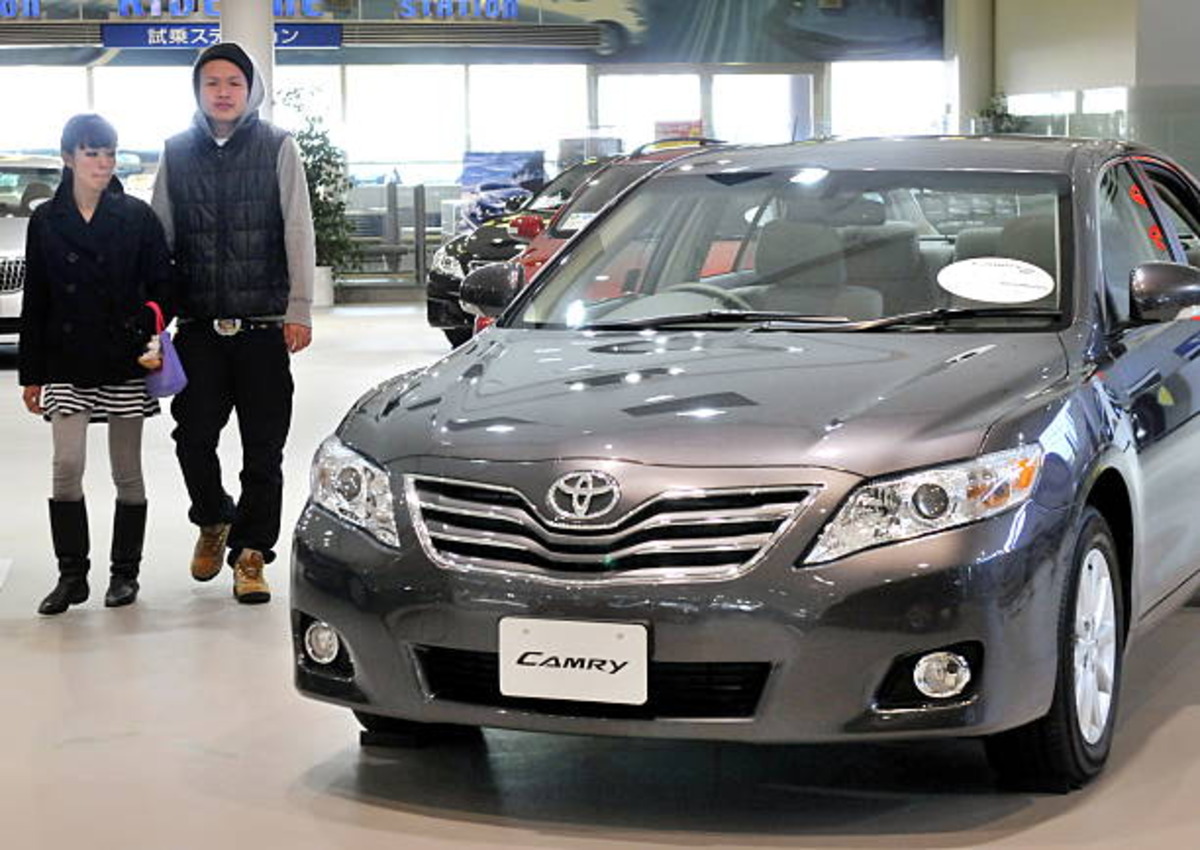
In response, Toyota recalled 9 million vehicles worldwide, marking a major crisis for the company. The recall not only cost Toyota billions in settlements and fines but also damaged its reputation for reliability. Investigations by regulators and lawsuits from affected families further intensified the controversy.
While Toyota eventually implemented fixes and regained consumer trust, the unintended acceleration scandal remains a significant chapter in automotive safety history. It serves as a cautionary tale of how even the most trusted automakers can face massive fallout from overlooked design flaws.
4. Ford Explorer (1991-2001)
The Ford Explorer became the center of a major safety scandal due to defective Firestone tires. The tires were prone to tread separation, especially at high speeds, causing the SUV to lose control and roll over. The issue was linked to over 270 deaths and hundreds of injuries, making it one of the deadliest automotive defects in history.
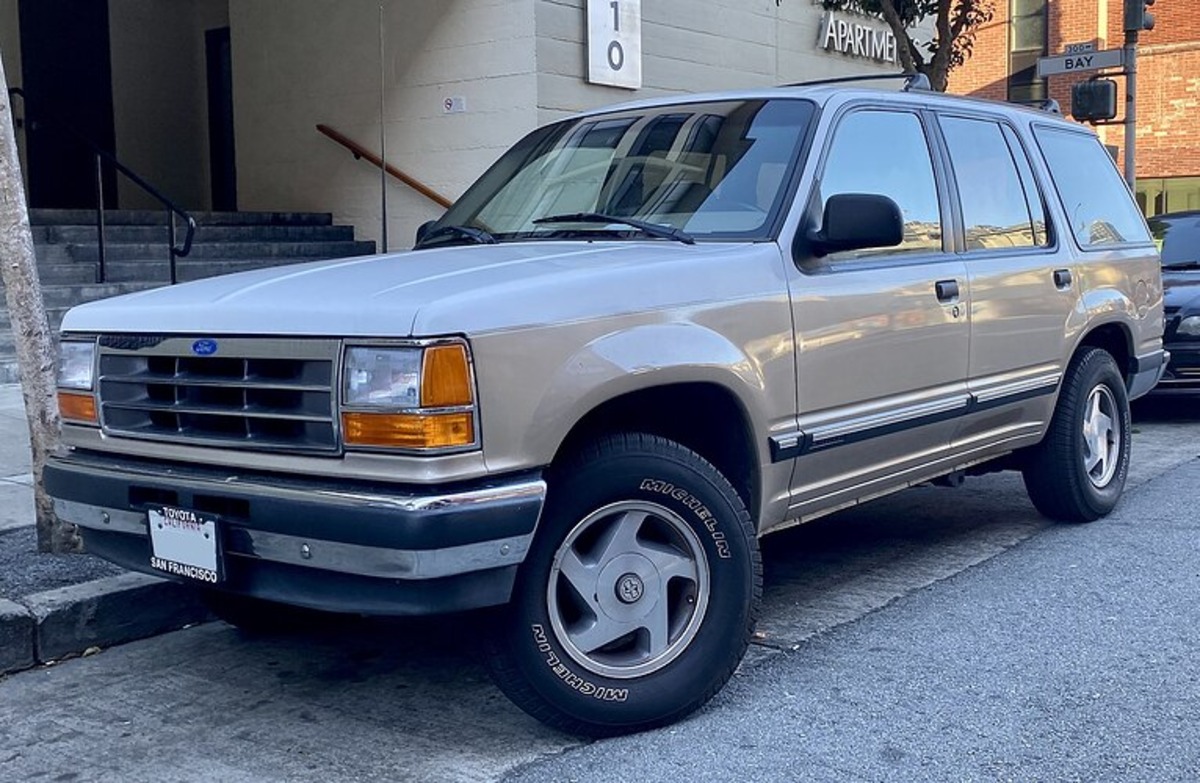
As public outrage grew, Ford and Firestone blamed each other, leading to the end of their century-long partnership. In 2000, 6.5 million Firestone tires were recalled in a desperate attempt to prevent further tragedies. However, by then, the damage was done.
The controversy exposed flaws in vehicle safety testing and regulatory oversight. While Ford and Firestone suffered financial and reputational losses, the incident led to stricter tire safety standards. Despite improvements, the Ford Explorer’s early models remain associated with one of the worst safety crises in the auto industry.
5. Honda Accord & Civic (2001-2015)
The Takata airbag recall remains one of the largest and most dangerous recalls in automotive history, affecting millions of Honda vehicles. The defective airbags had a deadly flaw—upon deployment, they could explode with excessive force, sending metal shrapnel into passengers. This defect was linked to multiple injuries and fatalities worldwide.
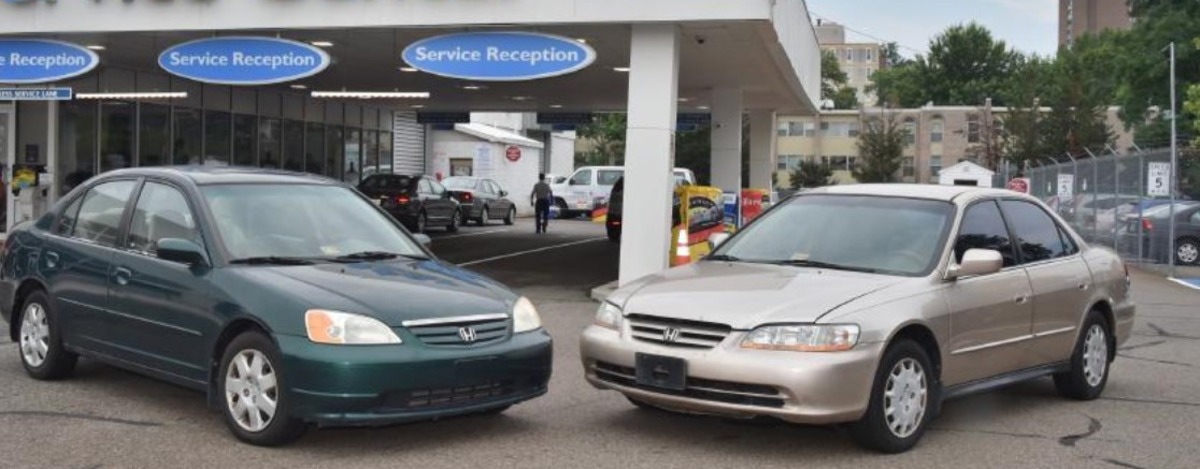
As the crisis unfolded, over 100 million vehicles were recalled globally, with 12.9 million Honda cars affected in the U.S. alone. The recall spanned more than a decade, as Honda and other automakers scrambled to replace the faulty airbags.
The scandal led to massive lawsuits, billions in penalties, and the bankruptcy of Takata, the airbag manufacturer. It also exposed serious gaps in automotive safety regulations. While Honda took steps to address the crisis, the Takata airbag recall remains a grim reminder of how a single defect can have catastrophic consequences across the industry.
6. Jeep Grand Cherokee (1993-2004)
The Jeep Grand Cherokee faced a major recall due to a dangerous fuel tank defect that increased the risk of deadly fires in rear-end collisions. More than 2.7 million vehicles were affected, but Chrysler (now Stellantis) initially resisted a full recall, arguing that the vehicles met safety standards at the time of production.
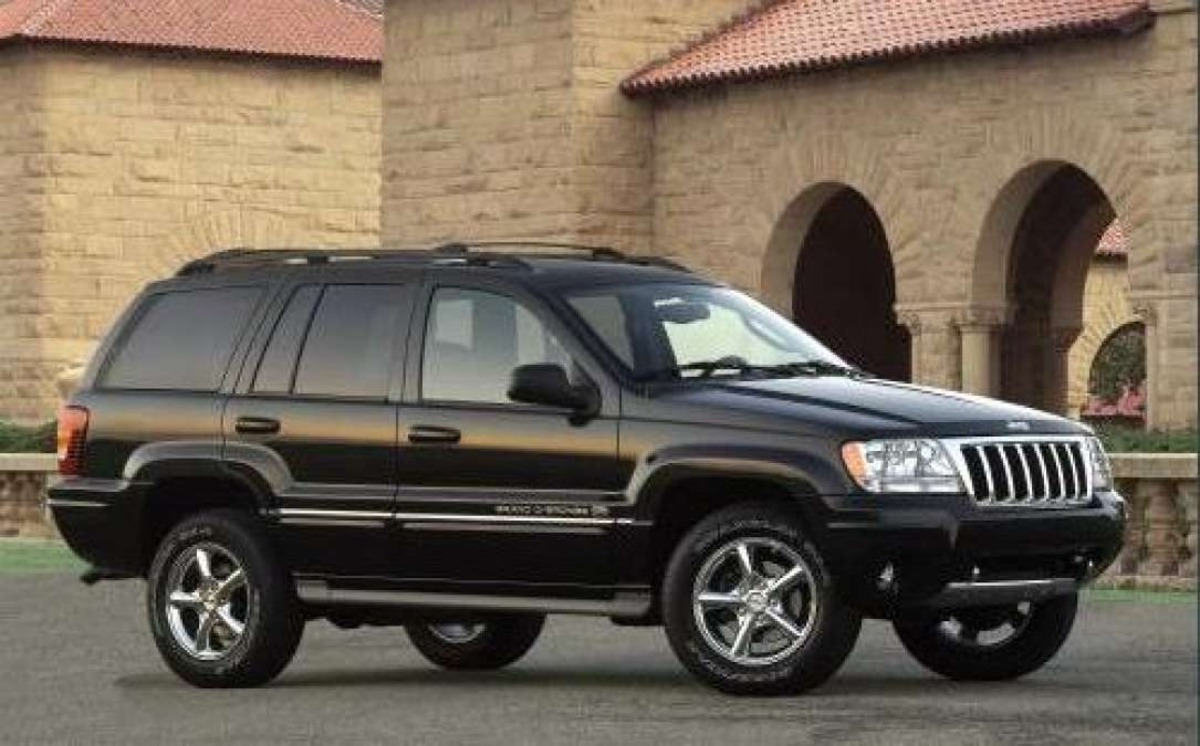
Under pressure from regulators and mounting public concern, Chrysler eventually agreed to a partial recall, offering limited fixes such as installing trailer hitches to reduce impact damage. Critics, however, saw this as an inadequate solution, leading to lawsuits and legal battles over the company’s response.
The controversy highlighted flaws in recall procedures and corporate accountability. While Stellantis has since moved on from the issue, the Jeep Grand Cherokee’s fuel tank defect remains a cautionary tale of delayed action and the consequences of prioritizing corporate interests over consumer safety.
7. Volkswagen Diesel Models (2009-2015)
The Volkswagen “Dieselgate” scandal was one of the biggest corporate fraud cases in automotive history. Unlike typical recalls linked to safety defects, this scandal revolved around VW’s deliberate deception. The company admitted to installing software in its diesel vehicles that manipulated emissions tests, making the cars appear more environmentally friendly than they actually were.
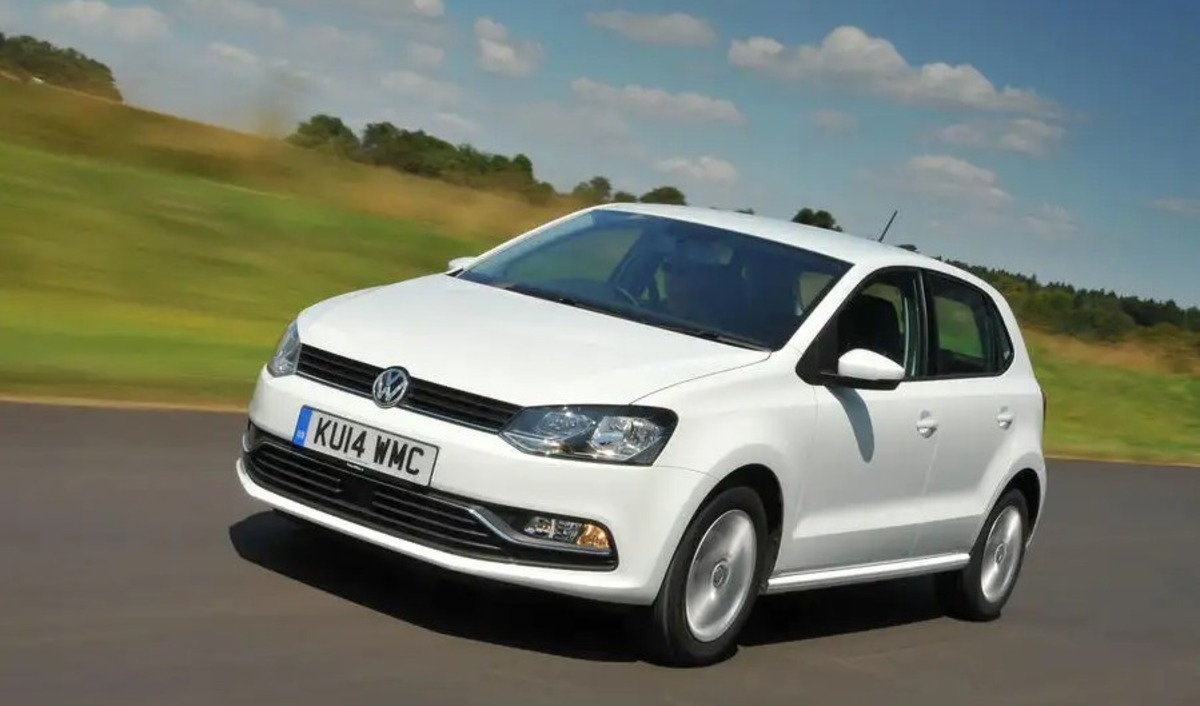
The fraud affected 11 million vehicles worldwide and shattered VW’s reputation. Governments launched investigations, consumers filed lawsuits, and regulators imposed massive fines. The total cost of recalls, legal settlements, and penalties exceeded $30 billion, making it one of the most expensive scandals in the auto industry.
Beyond financial losses, Dieselgate forced VW to overhaul its strategy, shifting focus toward electric vehicles to rebuild trust. It also led to stricter emissions regulations globally. The scandal remains a stark reminder of how corporate dishonesty can have devastating consequences on both reputation and finances.
8. Ford Cruise Control Recall (1992-2004)
Ford’s faulty cruise control switch led to one of the largest and most dangerous recalls in automotive history. The defect, affecting over 14 million vehicles, posed a serious fire hazard—even when the car was turned off. The switch could overheat, leading to spontaneous ignition, with some fires occurring in garages and destroying homes.
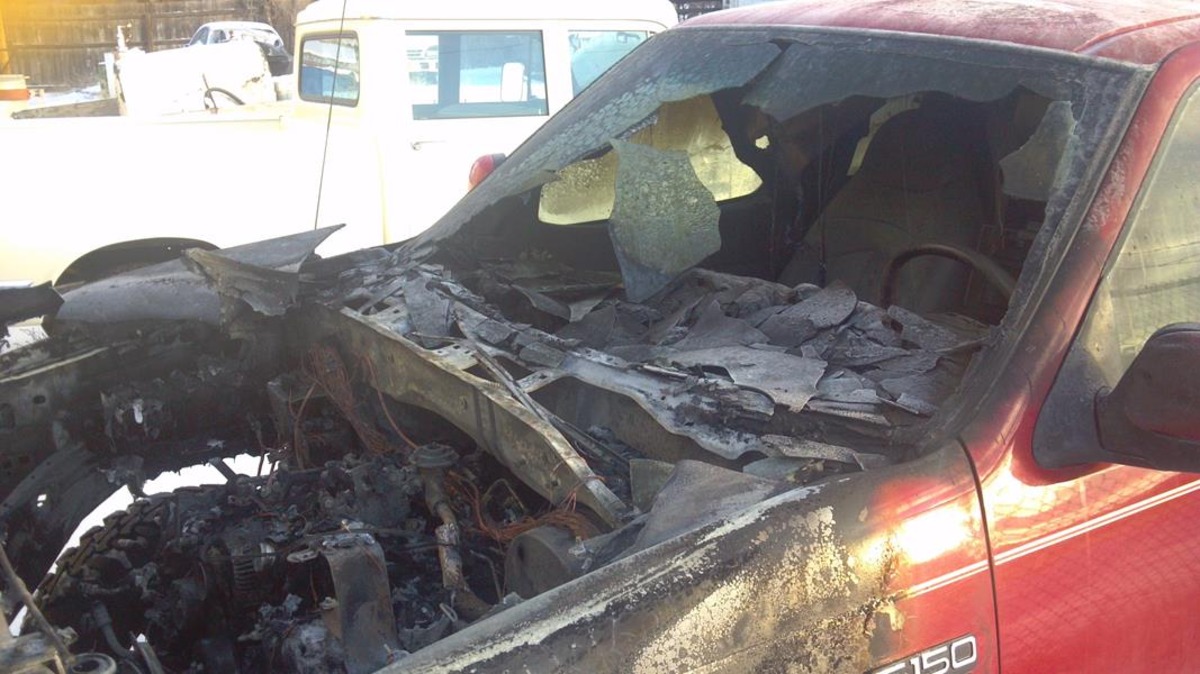
Reports of vehicles catching fire while parked raised alarm, prompting Ford to issue multiple recalls over several years. Lawsuits and investigations followed, as owners suffered property damage and financial losses due to the defect.
Despite the recall efforts, many affected vehicles remained on the road, increasing the risk of further incidents. The case highlighted the dangers of electrical defects and the importance of proactive recalls. Ford’s cruise control switch failure remains a cautionary tale of how a small component flaw can lead to massive financial and reputational consequences for an automaker.
9. Tesla Model S & Model X (2012-2021)
Tesla, known for its cutting-edge technology, faced a major recall when defective touchscreen displays in its vehicles began failing. The issue affected over 158,000 Model S and Model X vehicles, causing critical safety features—such as rearview cameras, turn signals, and defrost systems—to malfunction.
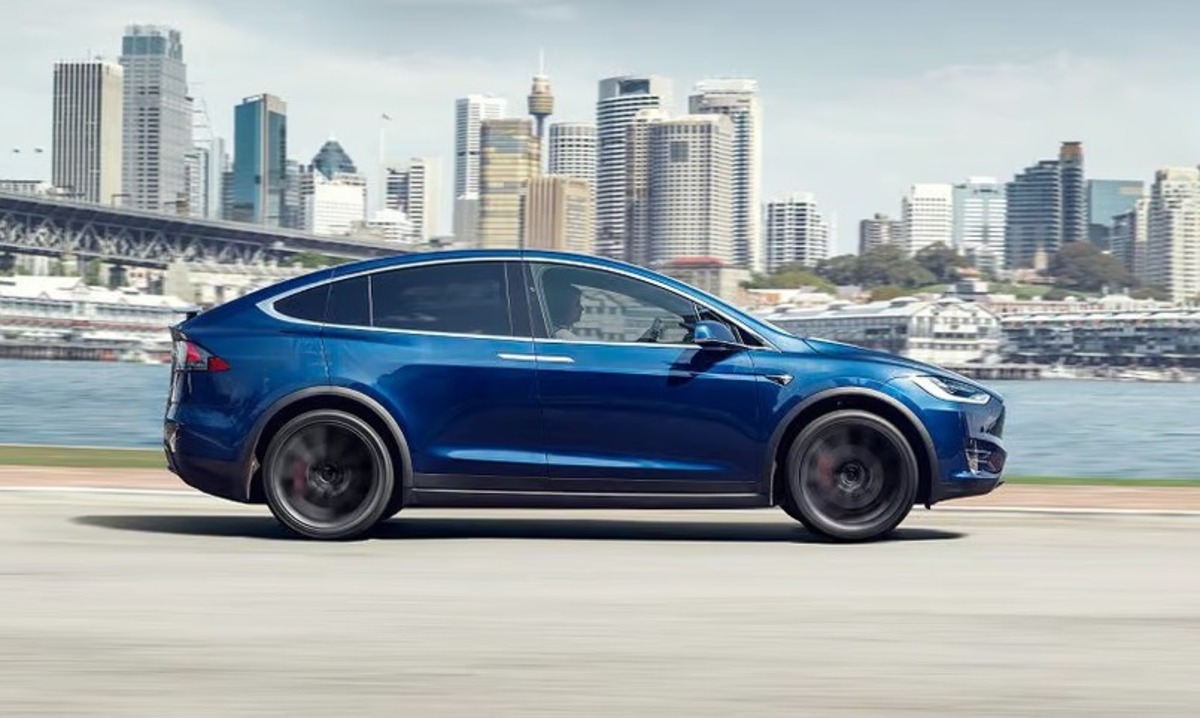
The problem stemmed from the touchscreen’s embedded MultiMediaCard (eMMC) memory chip, which wore out over time, leading to system crashes and unresponsive controls. Given Tesla’s reliance on touchscreens for essential functions, the defect posed a significant safety risk.
Initially, Tesla downplayed the issue, but after pressure from regulators and customer complaints, the company issued a recall. The incident highlighted the risks of integrating too many vital controls into a single digital interface. While Tesla remains a leader in automotive innovation, the touchscreen failure serves as a reminder that even high-tech vehicles are not immune to fundamental reliability issues.
10. Chevrolet Silverado & GMC Sierra (2014-2018)
General Motors (GM) faced a major recall affecting 3.4 million pickup trucks due to a braking system defect. The issue stemmed from a faulty vacuum pump, which could degrade over time, leading to a significant loss of braking power. This increased stopping distances and heightened the risk of accidents, especially at low speeds.
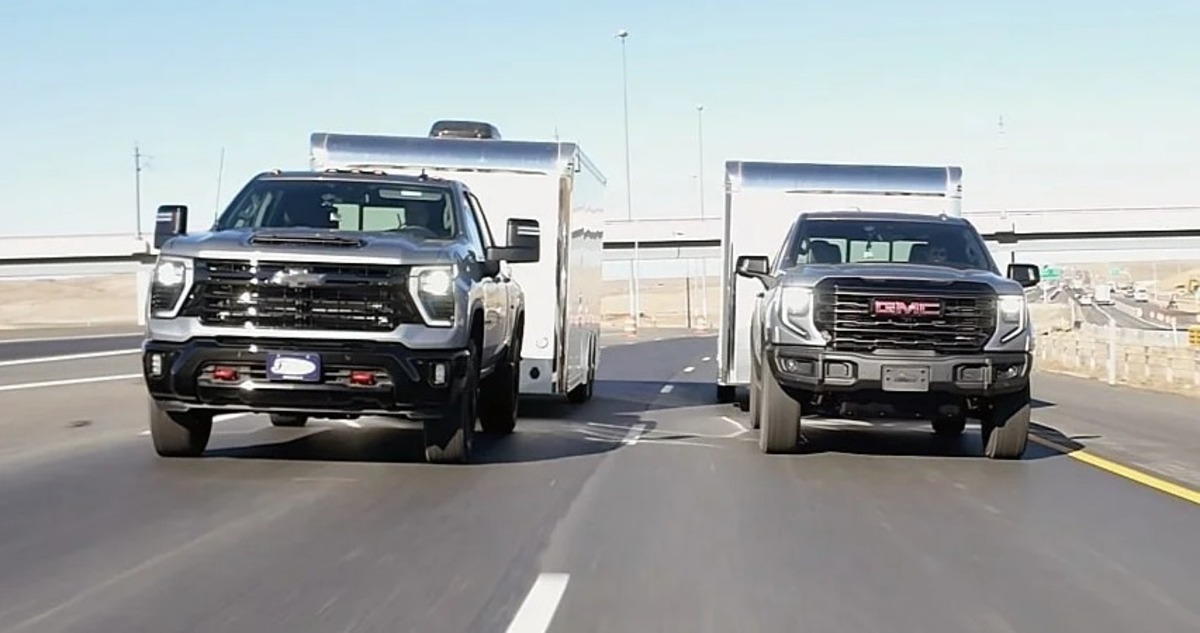
The recall impacted some of GM’s most popular models, including certain Chevrolet Silverado and GMC Sierra trucks. With millions of drivers relying on these vehicles daily, the defect sparked widespread concern among owners and safety regulators.
Although GM initially tried to address the issue with a software update, continued reports of brake failures forced the company to issue a full recall. The incident highlighted the importance of robust braking systems in large vehicles and reinforced the need for automakers to act swiftly when safety concerns arise.
11. Fiat Chrysler Vehicles (2014-2019)
Fiat Chrysler issued a massive recall of 4.8 million vehicles due to a critical software flaw in the cruise control system. The defect could prevent drivers from turning off cruise control, potentially leaving them unable to slow down manually. If the system malfunctioned, affected vehicles could maintain speed or even accelerate unintentionally, creating extremely dangerous situations.
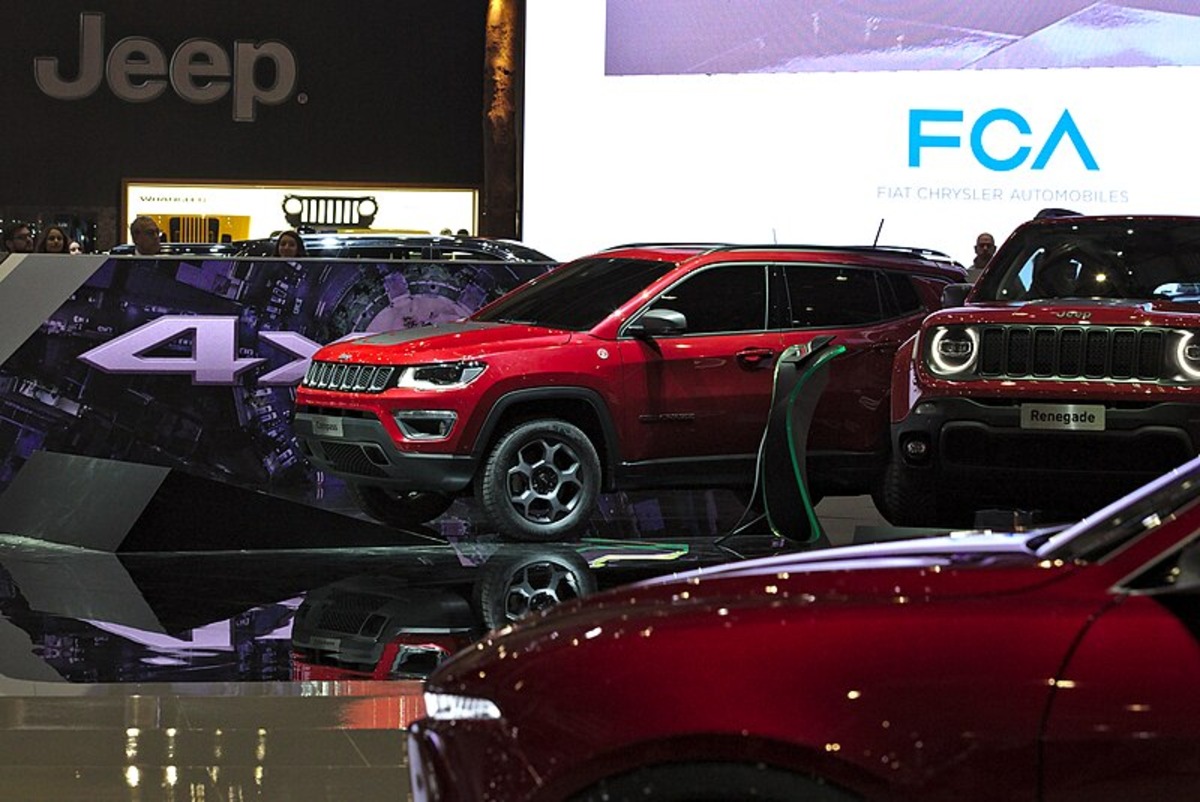
The recall spanned multiple models across Fiat Chrysler’s brands, including Jeep, Dodge, Chrysler, and Ram. Drivers were advised not to use cruise control until repairs were completed.
The issue sparked safety concerns, with fears of runaway vehicles on highways. Fiat Chrysler responded by updating the software to fix the glitch, but the incident raised questions about the increasing reliance on electronic systems in modern vehicles. This recall reinforced the importance of fail-safe mechanisms in automotive technology, ensuring drivers always have control over their vehicles in case of system failures.
12. Hyundai & Kia Engine Fires (2011-2019)
Hyundai and Kia recalled millions of vehicles due to a serious engine defect that caused spontaneous fires. The issue originated from manufacturing flaws in the Theta II engines, leading to oil leaks, overheating, and, in some cases, sudden engine failure.
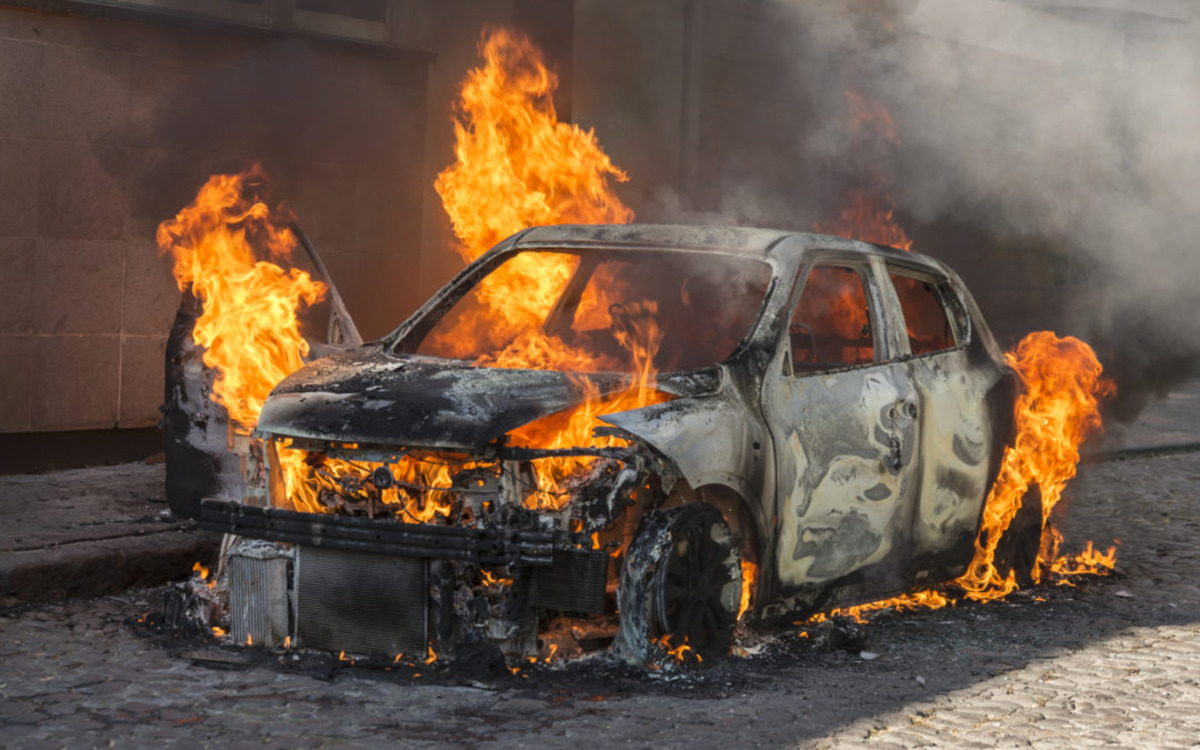
Owners reported vehicles catching fire while driving or even when parked. The defect resulted in multiple lawsuits and regulatory investigations, forcing the automakers to address the safety hazard.
To resolve the problem, Hyundai and Kia offered engine replacements, extended warranties, and software updates to detect engine failure early. However, the recall severely impacted consumer trust, as many questioned the automakers’ initial handling of the issue.
With millions of affected vehicles and significant legal settlements, this recall remains one of the largest in Hyundai and Kia’s history. It underscored the importance of quality control in engine manufacturing and the potential dangers of unresolved mechanical defects.
Automotive recalls serve as a crucial safety measure to protect drivers, but they also highlight the importance of rigorous quality control in car manufacturing.
While these 12 cars have faced some of the worst recalls in history, they serve as reminders of the potential dangers that defects can pose. Always stay informed about recalls affecting your vehicle to ensure your safety on the road.

